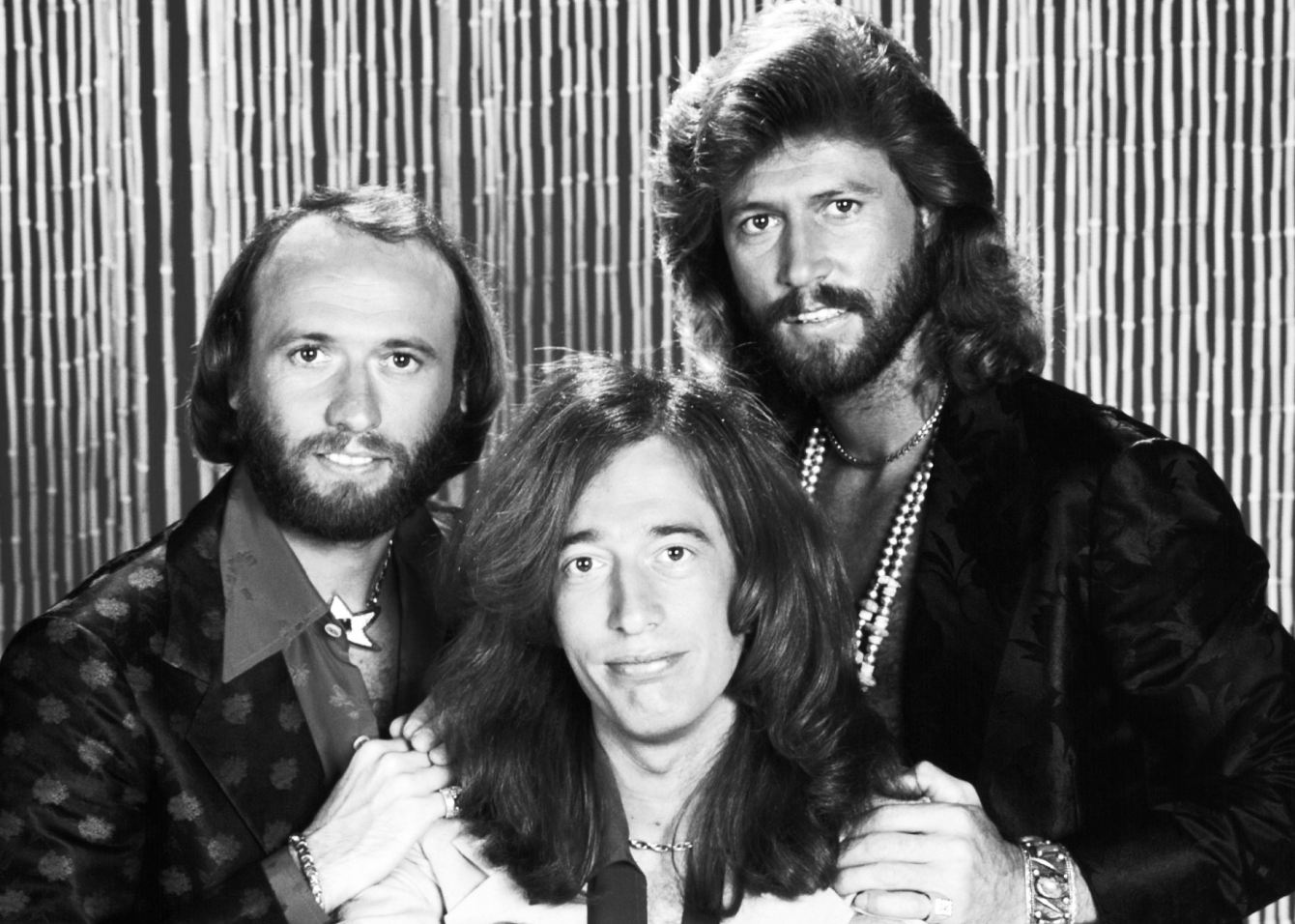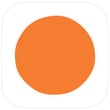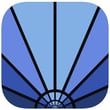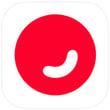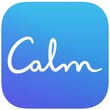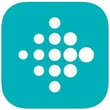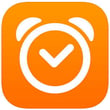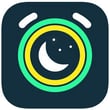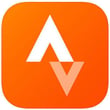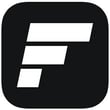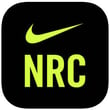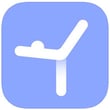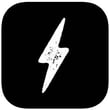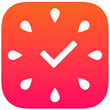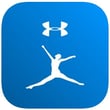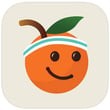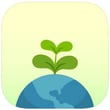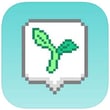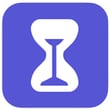When I think of professions whose membership represents a disproportionately high amount of stress, anxiety, and mental health issues, I think: Air traffic controllers, obviously. Hostage negotiators, sure. And of course, creative services people?! That last one may may surprise you (unless you’ve worked in this industry for any length of time) but the fact is folks who work in marketing, advertising, and design tend to experience higher-than-average amounts of mental health issues. In fact, we’ve recently just published our study on it. If you’ve also had a sneaking suspicion that this might be the case, it turns out you’re not wrong!
In the last couple of weeks we’ve touched on the issues within the industry as whole, and what we as a company are trying to do to promote better mental health in our workplace. Today I want to highlight some examples of how technology can help us mitigate the effects of a high-stress environment on a more personal level. Below are some platforms, tools, and apps, broken into categories, that you may find useful. Some of these I’ve used myself, while others I hope to try out in the near future.
Mindfulness Meditation
We’ve all heard about how good mindfulness is for our mental health. To be honest, I’d never given meditation much credence until about 5 years ago when I finally started trying to make it a daily practice. I’m still not as diligent as I could be, and it doesn’t necessarily render me completely tranquil in the midst of a project meltdown–train wreck–dumpster fire. But generally speaking, I do find myself less reactive and more quickly able to regain some clarity. I’ve probably tried every mindfulness app out there.
Here are a few of my favourites.
Headspace
Waking Up
Ten Percent Happier
Calm
Sleep
There seems to be more research coming out by the day, linking poor sleep with decreased physical and mental health. We all know what it feels like to drag yourself to work after a bad night’s sleep. What’s less obvious is the cumulative effects that low sleep quantity or quality has on our more general state of wellbeing. One things for sure, better sleep certainly can’t hurt. Here’s our list of sleep apps and technology that might be worth checking out.
Fitbit Sleep Better
Sleep Cycle
Pillow
Sleepzy
Exercise
No secret here; exercise releases endorphins, which improve your mood. A temporary effect sure, but the long term mental health effects of daily exercise can’t be dismissed. Science is now showing that exercise has a direct effect on the brain. Here are a couple apps that’ll get that blood pumpin’.
Strava
Fitplan
NIKE Run Club
Daily Yoga
Time Management
Feelings of stress and anxiety are often caused or exacerbated by our daily deluge of deadlines. Trying to do too many things at once and constantly switching tasks as they come in is a recipe for burnout, not to mention splintering your attention so that nothing truly gets the focus it deserves. Time and task management methods like bullet journaling, Pomodoro technique, and personal Kanban are all great systems for organizing your seemingly endless amount of to-do’s.
Bullet Journal
Focus To-Do
StretchClock
Nutrition
Though comforting in the short term, a meal high in sugar, saturated fat, salt, or alcohol increases the level of inflammation in our bodies and interferes with a number of neurotransmitters, which can lead to feelings of stress, anxiety, and depression. It’s easy to make concessions if we’re not aware of what we’re actually eating. Food diary apps are an easy way for me to keep myself accountable for eating healthy better!
My Fitness Pal
Fooducate
Meal IQ
Other stuff
Not really sure what to call this category, or if its a category at all, but here are a some interesting apps that encourage social connection, track your smart phone usage (excessive screen time is linked to mental health issues), and even a self-care pocket companion!
Flora
Aloe Bud
Aloe Bud is an all-in-one self-care pocket companion. It gently brings awareness to self-care activities, using encouraging push notifications, rather than guilt or shame.
https://aloebud.com/
IOS Screen Time App
Google Digital Well-being App
To wrap...
Mental Health is an increasingly prevalent issue for many creative professionals (and humanity at large), and is varied in its causes, severity, and appropriate treatment. If you are struggling, no app or technology is going to be a substitute for professional care.
Over the past decade we’ve seen a decrease in the stigma surrounding mental health issues, greater understanding as to the causes, both organic and environmental, and emergence of new technologies that enable making small positive changes in our lifestyles easier to adopt. These small changes in the way we approach sleeping, eating, exercising, thinking, planning, and spending time together… can make a big difference.
If you’re curious to see the results of the industry Mental Health survey we completed, sign-up to see the results.

